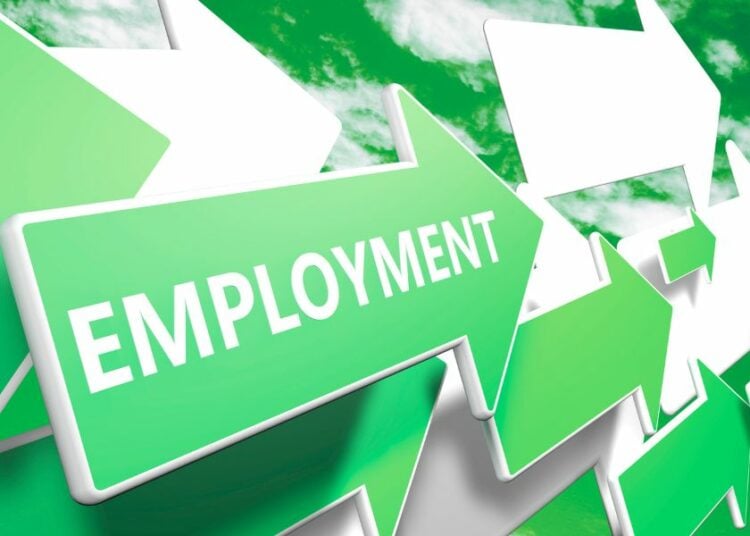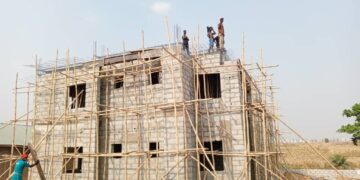Employment growth in the private sector rose to its highest level in 21 months, as business activities improved last month, according to the latest Stanbic IBTC Purchasing Managers’ Index (PMI) report.
The headline PMI climbed to 54.0 in July, up from 51.6 in June. This marks a three-month high and signals a solid improvement in business conditions. The PMI has now remained in positive territory for eight consecutive months, with readings above 50.0 indicating expansion.
The surge in hiring was driven by a sharp rebound in output and new business orders, reflecting growing resilience amid easing inflation and improving demand.
“Rising new orders and efforts to speed up the completion of projects encouraged firms to take on extra staff at the fastest pace since October 2023,” the report stated.
The last time employment rose this quickly was nearly two years ago, underscoring the growing confidence among Nigerian firms. Stanbic IBTC disclosed that the increase in staffing levels helped businesses stabilise backlogs of work, which had been rising in each of the previous three months. With better capacity, firms could meet new demand more effectively, further boosting operational efficiency.
“Improved customer demand, partly due to softening inflationary pressures and the launch of new products, supported the uptick in business activity,” the report noted.
Companies also ramped up purchasing activity to meet rising orders, leading to a marked accumulation of inventories. A renewed shortening of suppliers’ delivery times also supported stock-building efforts, another signal of improved supply chain conditions.
The report added that cost dynamics provided mixed signals.
The pace of purchase price inflation eased for the third consecutive month and was the slowest since April 2020. Despite the moderation, input prices remained high, primarily due to currency weakness and increased raw material costs.
The report said that while purchase costs cooled, staff cost inflation hit a five-month high, driven by rising employment and efforts to cushion employees against higher living expenses.
“The latest rise in part reflected increased employment, but also efforts to help staff with higher costs, particularly those related to transportation fares,” the report added.
Nevertheless, firms were reluctant to pass on these costs to customers fully. Output price inflation slowed for the third consecutive month, reaching its lowest point since May 2023. “Some firms reportedly took advantage of softer purchase cost pressures to offer discounts in a bid to secure new business.”
Looking ahead, businesses remain optimistic, although sentiment slightly softened from the near three-year high seen in June.
“Companies remained optimistic that output will rise over the coming year,” the report noted, “but sentiment eased… Those firms that predicted an increase in output linked this to plans to raise capital for business expansions and advertising.”





